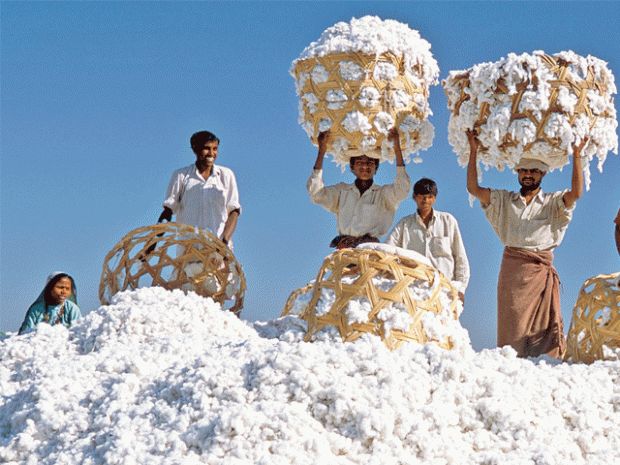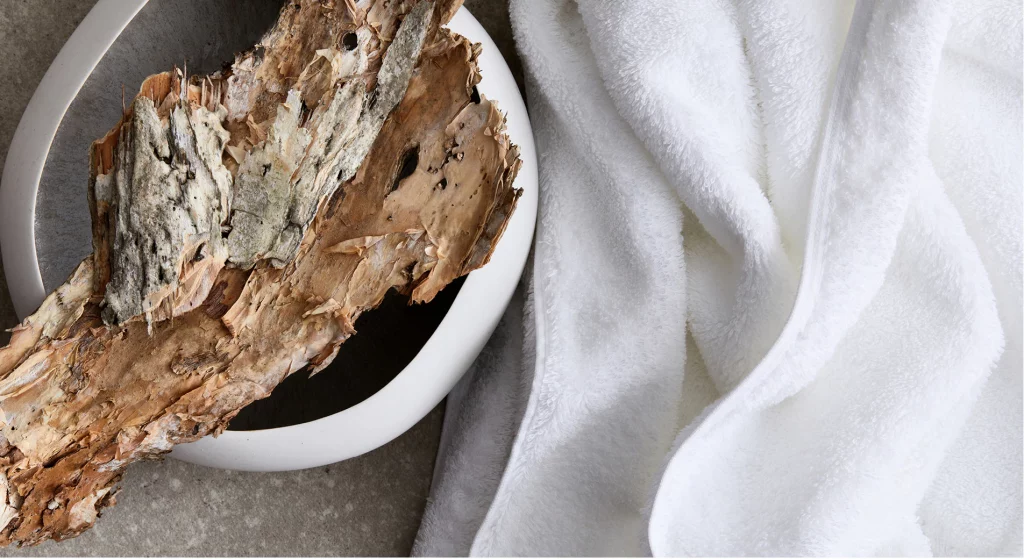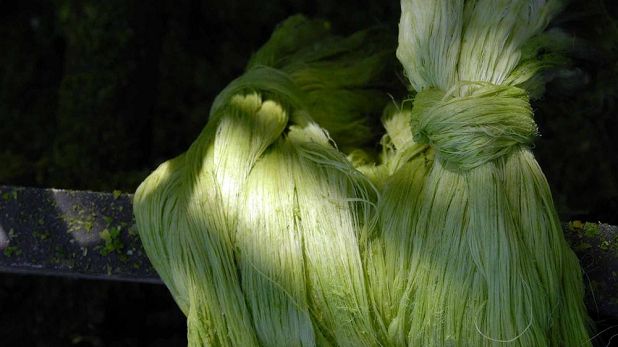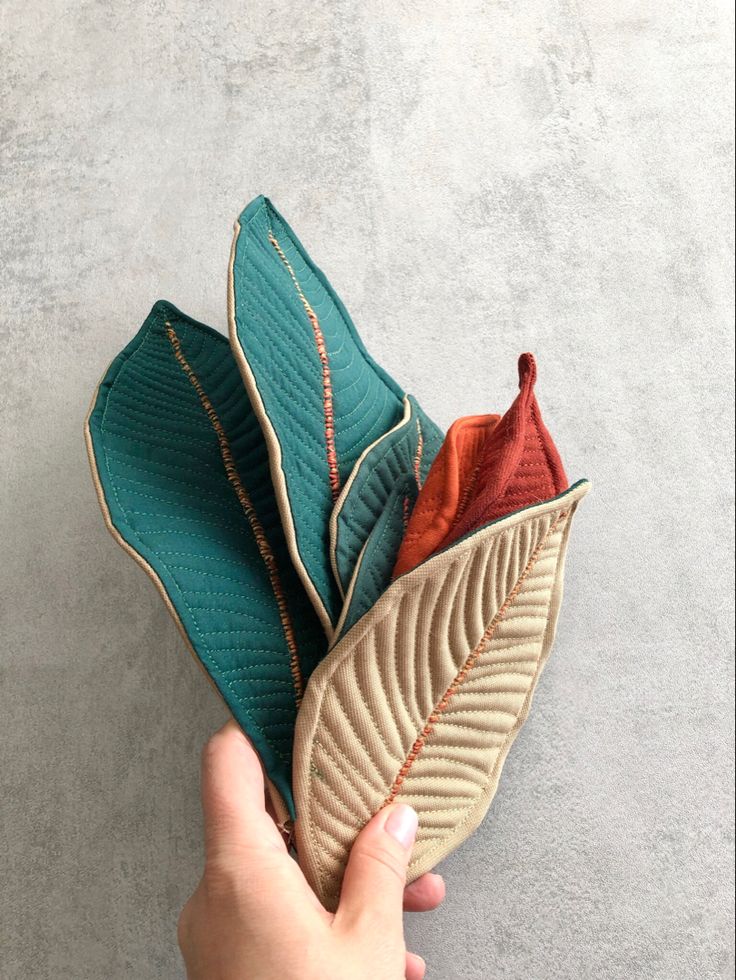As global awareness of environmental issues grows, the textile industry is experiencing a significant shift towards more sustainable practices. One of the most impactful changes is the movement away from traditional cotton and synthetic fabrics in favor of plant-based alternatives. These innovative fabrics offer not only environmental benefits but also new opportunities for fashion and textile design. This blog explores the rise of plant-based fabrics, their advantages over conventional materials, and the role they play in shaping the future of sustainable fashion.
Why Move Away from Cotton and Synthetics?
The Environmental Impact of Cotton

Cotton, despite being a natural fiber, has a substantial environmental footprint. Its cultivation requires vast amounts of water—often in regions where water is scarce—and relies heavily on pesticides and fertilizers, which can harm ecosystems. Furthermore, conventional cotton farming contributes to soil degradation and loss of biodiversity.
The Problems with Synthetics
Synthetic fabrics, such as polyester and nylon, are derived from petrochemicals, making them non-renewable and energy-intensive to produce. These materials are also non-biodegradable, contributing to plastic pollution and microplastic contamination in oceans. With the growing concern over plastic waste, the fashion industry is under pressure to find alternatives that reduce environmental impact.
Plant-Based Fabric Alternatives
1. Hemp
Hemp is quickly becoming a popular alternative to cotton due to its minimal environmental impact. It requires far less water, grows rapidly, and doesn’t need pesticides or herbicides. Hemp fabric is strong, durable, and naturally resistant to mold and UV rays, making it ideal for a wide range of applications, from clothing to upholstery.
2. Bamboo
Bamboo is another sustainable alternative, known for its fast growth and minimal resource requirements. Bamboo fabric is soft, breathable, and has natural antibacterial properties. However, it’s important to choose bamboo fabrics produced through eco-friendly processes, as some methods involve harsh chemicals that can negate the environmental benefits.
3. Tencel (Lyocell)

Tencel, a type of lyocell, is made from sustainably sourced wood pulp, typically from eucalyptus trees. The production process is eco-friendly, using a closed-loop system where almost all solvents are recycled. Tencel is soft, breathable, and biodegradable, making it a preferred choice for sustainable fashion brands.
4. Organic Cotton
While not entirely a new plant-based fabric, organic cotton is a more sustainable alternative to conventional cotton. It is grown without synthetic pesticides and fertilizers, and its cultivation supports healthier ecosystems and farmers. Organic cotton also uses significantly less water, making it a more environmentally friendly option.
5. Pineapple Leather (Piñatex)

Piñatex is an innovative plant-based material made from pineapple leaf fibers, a byproduct of the pineapple industry. It provides an eco-friendly alternative to leather, offering durability and flexibility without the environmental and ethical concerns associated with animal leather.
The Advantages of Plant-Based Fabrics
Sustainability
Plant-based fabrics are generally more sustainable than traditional cotton and synthetics. They require fewer resources, such as water and energy, and often support healthier ecosystems. Additionally, many of these fabrics are biodegradable, reducing their impact on landfills and oceans.
Comfort and Performance
Many plant-based fabrics, such as hemp, bamboo, and Tencel, offer superior comfort and performance. They are soft, breathable, and moisture-wicking, making them ideal for activewear, casual wear, and bedding. These fabrics also tend to be more durable, extending the life of garments and reducing the need for frequent replacements.
Ethical Production
The shift towards plant-based fabrics often aligns with fair trade and ethical production practices. Many sustainable fabrics are produced in ways that support fair wages and safe working conditions for farmers and workers, contributing to a more equitable fashion industry.
For a deeper exploration of how biodegradable fabrics are shaping the future of sustainable fashion, visit our blog on Biodegradable Fabrics: The Next Step in Sustainable Fashion.
The Future of Plant-Based Fabrics

The future of plant-based fabrics is promising but not without challenges. As the demand for sustainable textiles grows, the industry must address issues such as scalability, cost, and consumer education. The rise of organic textiles, for example, has been a significant step forward, but there are still hurdles to overcome in terms of production and market penetration.
To understand more about the growth and challenges of organic textiles, check out our blog on The Future of Organic Textiles: Growth and Challenges.
Conclusion: Embracing Plant-Based Fabrics with Locofast
The shift towards plant-based fabrics marks a significant advancement in the pursuit of sustainable fashion. As consumers and brands alike prioritize environmental responsibility, these innovative materials offer a viable alternative to traditional cotton and synthetics. By embracing plant-based fabrics, we can reduce our environmental footprint and move towards a more sustainable and ethical textile industry.
At Locofast, we are committed to supporting this transition by providing high-quality plant-based fabrics sourced from trusted suppliers. Visit our website to learn more about how we can help you incorporate plant-based fabrics into your production processes.
For more insights into different types of cotton and their production, explore our blog on Exploring the Different Types of Cotton: Carded, Combed, Compact, and More.